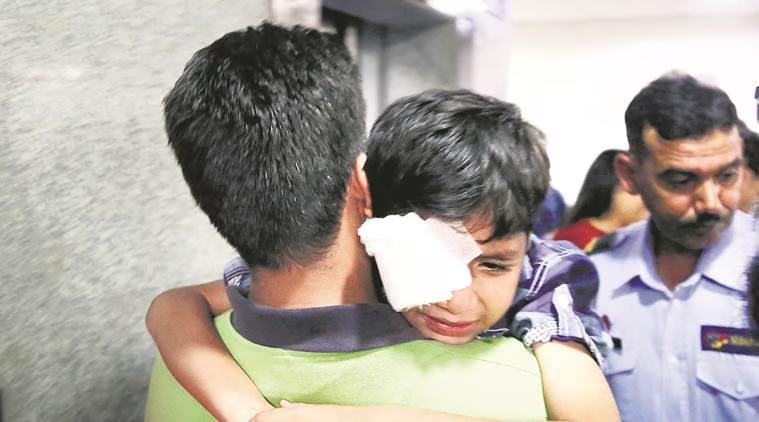Now Reading: India Seeks Access to 34 Fishermen Detained by Bangladesh Over Maritime Breach
-
01
India Seeks Access to 34 Fishermen Detained by Bangladesh Over Maritime Breach
India Seeks Access to 34 Fishermen Detained by Bangladesh Over Maritime Breach

India has formally requested consular access to 34 Indian fishermen detained by Bangladeshi authorities after allegedly crossing maritime boundaries. The fishermen were reportedly picked up by the Bangladesh Coast Guard earlier this week while fishing near the international sea border in the Bay of Bengal.
This incident has triggered diplomatic conversations between the two countries, with Indian officials pushing for the quick release and safe return of the detained men.
What Happened at Sea
According to early reports, the group of fishermen had set sail from West Bengal and Tamil Nadu in separate batches. Due to unclear maritime boundaries and unpredictable sea conditions, they reportedly drifted into Bangladeshi waters. Local coast guard patrols intercepted them and took them into custody for violating territorial limits.
Such incidents aren’t uncommon along international waters shared by India and its neighbors, where fishermen often unknowingly cross borders while pursuing fish stocks.
Government Response and Diplomatic Efforts
The Indian government has approached the Bangladeshi side through diplomatic channels and urged for immediate consular access. This step is crucial for verifying their identities, assessing their condition, and starting legal processes if needed for their return.
Ministry officials also mentioned that both countries have an existing understanding to handle such maritime cases sensitively and avoid unnecessary delays in repatriation.
Impact on Coastal Communities
For families in coastal districts like Nagapattinam, Rameswaram, and Diamond Harbour, news of such arrests brings immediate anxiety. Fishing is the primary livelihood for many in these regions, and the fear of border detentions is a constant worry.
Local fisher unions have called on the Centre to strengthen safety protocols and improve GPS systems to help fishermen stay within permissible boundaries.
Not the First Time
This isn’t an isolated case. Dozens of Indian fishermen are detained each year by neighboring nations including Sri Lanka, Pakistan, and Bangladesh. Most are eventually released after diplomatic talks, but some spend weeks—or even months—in custody, often without access to legal aid or proper communication with their families.
Conclusion
While the Indian government has moved quickly to engage with Bangladeshi authorities, the incident underlines an ongoing issue that affects thousands in India’s coastal belt. As both nations work through diplomatic channels, the hope remains that these 34 fishermen will return home soon—and that better preventive systems will be put in place to avoid such incidents in the future.

























